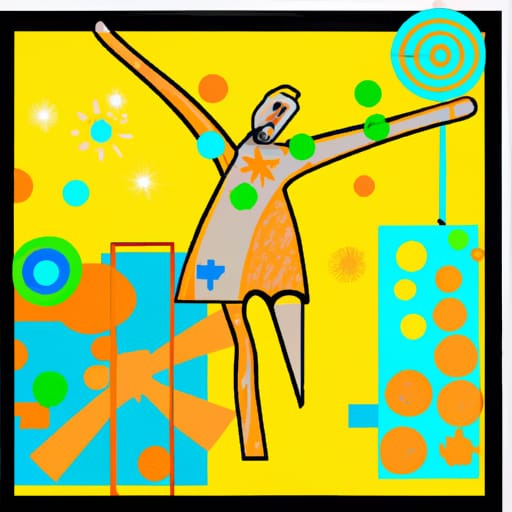Networked emotional contagion, continuous performance assessment & the unquiet mind
Finally solving the mystery of my departure from the Twitterverse

Welcome yet more new readers (thanks to some highly appreciated recommendations from other writers). Here's hoping you enjoy following a personal sense making project that breaks with tradition by never telling you what to think.
For a long time this was a personal chicken and egg mystery ...
Did quitting a relentless Twitter habit cause me to feel better than before.
Or...
Did feeling better than previously cause me to quit Twitter.
After 30 months the answer has landed.
Feeling better came first. Contentment. The stilled mind. This was what removed the desire for Twitter (and most of my passive scrolling behaviour).
Then it became a positive feedback loop, like you see with the abandonment of most negative behaviours. Feel better, eat/drink fewer comfort calories, feel more better.
Here is how I discerned the relationship (in my case - maybe not yours) between feeling ok and being stuck on the socials.
Sometime last year I tried an experiment.
The Happy Wanderer Mari Schindele had discussed a fictional ethical puzzle.
Having read the described scenario, in which you're invited to make moral assessments of various fictional characters, I realised that I was tired and bored of judging people. (This is not to be read as a criticism of Mari's piece!).
I suspected that I might be an outlier, feeling no interest in figuring out a nasty/nice hierarchy in the story described by Mari, so I tested her invitation to rank the players in the story with various people I know.
Everyone was quick to have an opinion. They found it easy to establish the moral hierarchy among the characters.
It seemed to confirm the intuition that I was an outlier.
What was going on? Had I become an amoral person? The type who doesn't care if bad things are done by people because something something relative something something to each his own something something who am I to judge etc...
It wasn't that.
I had evolved into a moral sceptic, in the narrow sense of seeing no naturalistic ethical 'laws' that must apply throughout the universe. And in sensing that ethics is often predicated on an inflated notion of personal righteousness, intuitions or leanings.
Yet I do hold personal values, relating to harm, integrity, love, compassion, humility and liberty.
The difference is that they are my values. Not rules I wish to inculcate in others. They're just heuristics that seem to work for me.
The best that I could do with Mari's scenario was to say what I would do, not judge what others did.
The question of whether David, Caroline or anyone else had been right or wrong to do or feel as they did seemed to be somewhat meaningless.
And that is how Twitter had come to seem, 18 months before, when I just kicked the habit one day when the sun was shining and I had something fun to do that involved a long drive and seeing a new place.
Just a moral court, ruling on who and what behaviours were OK or not. In a spectacularly insincere way.
A place for needy, anxious, unhappy souls that had once felt like home to this needy, anxious, unhappy soul, with something of a gift for the popular tweet and therefore plenty of attention to feel 'good' about.
I never looked back from that decision. A few tentative attempts, two years later, to use my then dormant Twitter account as a vehicle to promote Rarely Certain ended with finally deleting the account entirely.
A possibly counter-intuitive connection
Somehow this seems to connect with meditation. And awareness of ego as a chimera.
Entering a third year of almost daily formal mindfulness practice I've realised that (at least for me) feeling ok is tightly bound up with acceptance and compassion for others - and yourself.
It also reveals (annoyingly slowly, at first) that the self-referential I is a chimera. It's a fabrication of consciousness that you really can shrug off. And shrugging it off feels good. (This I is always coming back, unless you devote your life to practice, which I'll probably never do. No way do I occupy a permanent state of grace, here. Just in fragments of time that also often have an impact later.)



